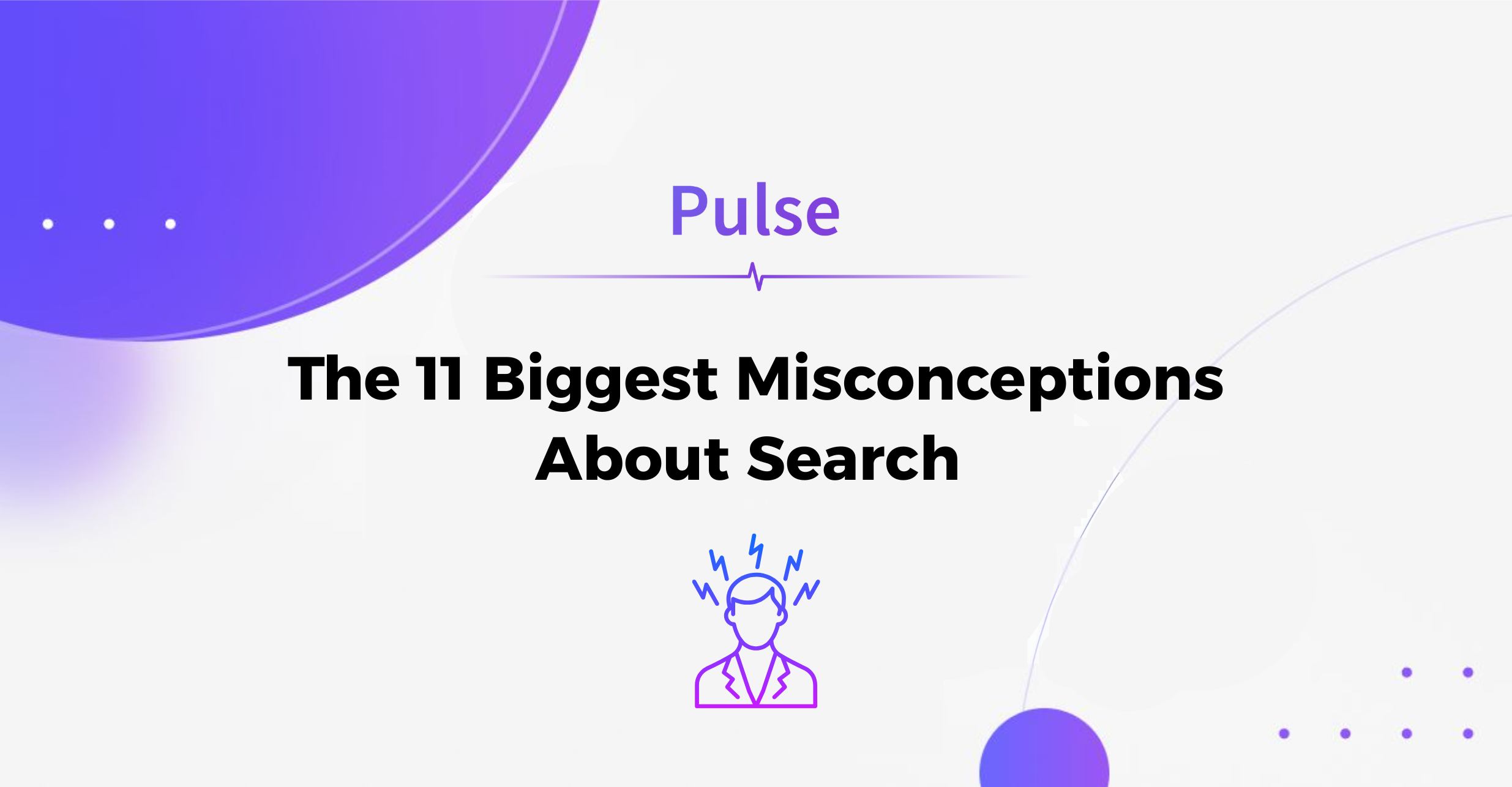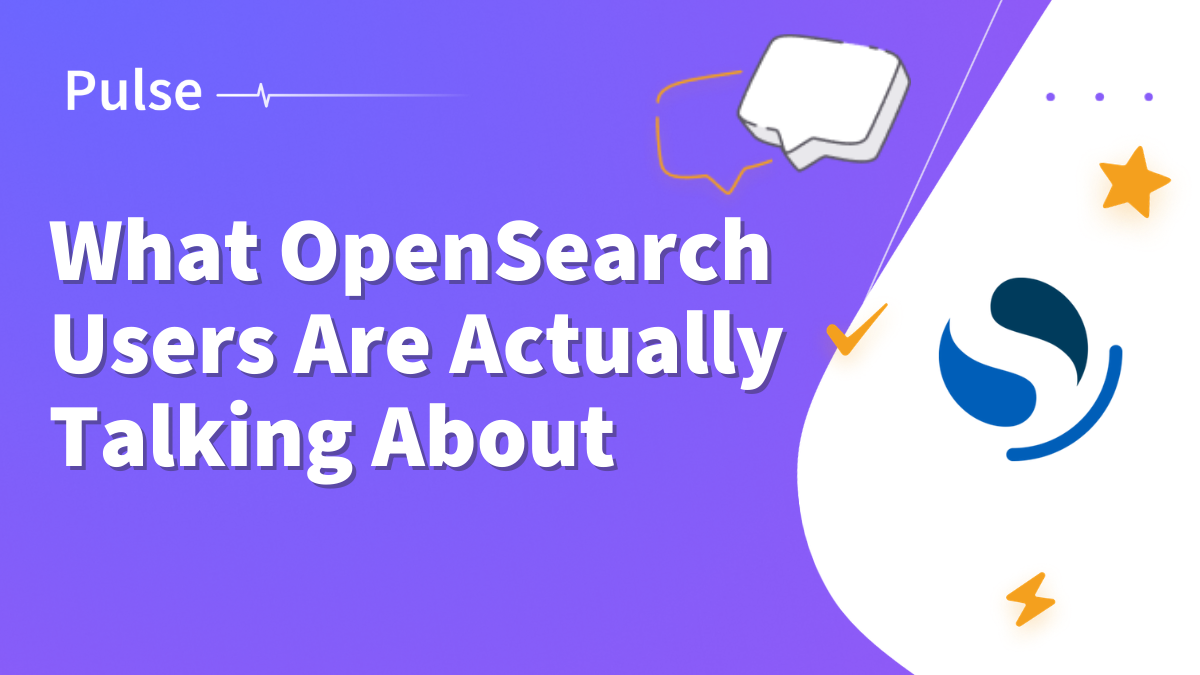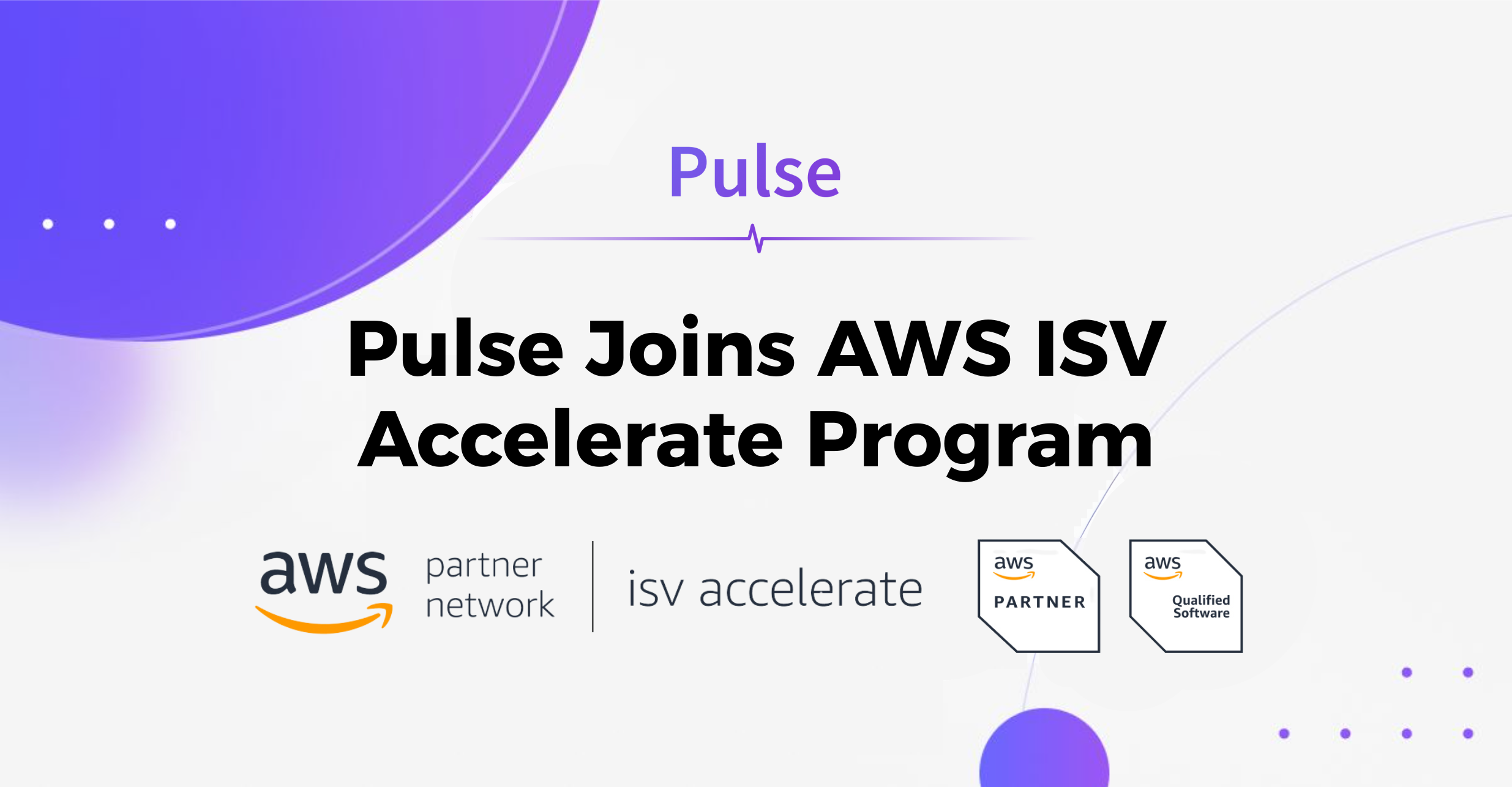The 11 Biggest Misconceptions About Search
Search is invisible, which can be both a blessing, and a curse of sorts.
It powers nearly everything we touch online: our inboxes, our shopping carts, our code editors, our news feeds. We use it dozens of times a day, so seamlessly that we stop noticing it exists. And yet, for something so fundamental to modern computing, few disciplines are more misunderstood. The history of search has always been one of paradoxes. The first web engines of the 1990s promised order amid chaos, only for the scale of the web to outgrow every neat formula. Then came AI, and with it, the myth of automation - that we could finally “solve” search. But the truth is that relevance remains a moving target, shaped by context, language, and human behavior.
Through our Top Voices in Search Tech research initiative, we’re spoken to fifteen leading search practitioners - engineers, researchers, and product thinkers defining what good search means in 2025. Across all those conversations, several fascinating misconceptions surfaced again and again. Here are the more commonly heard misconceptions about search that these experts wished every search team would stop believing.
Misconception #1: “Search is simple.”
It’s not hard to see why this myth endures. We’ve all typed something into Google and found exactly what we wanted - often in under a second. That illusion of effortlessness makes it easy to underestimate what’s happening behind the scenes.
Teams assume that because search looks simple, it is simple - a checkbox feature you can bolt onto a website or app. Off-the-shelf APIs, hosted search services, and cloud dashboards reinforce the illusion that “relevance” can be bought by the query.
But as Alessandro Benedetti explains, “Simplicity at the surface hides an ocean of complexity underneath.” Search involves distributed indexing, caching, ranking signals, feedback loops, and constant retraining. Every query is a probabilistic experiment.
Doug Turnbull adds, “Search for books, search for parts, search for fashion - they’re completely different animals.”
In other words, if your search feels effortless, it’s because someone invested extraordinary effort to make it that way.
Misconception #2: “Search is just about finding things.”
The word “search” itself is misleading. It implies looking for something you already know exists - a product, a page, a file. But in most real-world scenarios, users are discovering, not searching.
Atita Arora points out that relevance isn’t a universal metric: “Freshness matters in news, compatibility matters in e-commerce, safety might matter in healthcare. Every domain defines relevance differently.”
That’s why two people can type the same word and mean completely different things. A search for “apple” could be fruit, tech, or stock price - the machine’s job is to infer intent, not just match strings.
Doug Turnbull puts it this way: “We pretend relevance is universal, but it’s always situational.”
Misconception #3: “More data means better search.”
In the age of machine learning, more data has become the default answer to every question. But in search, quantity without quality often backfires.
Atita Arora warns that simply dumping raw data into an index “just increases noise.” Without curation, deduplication, and labeling, the index becomes a swamp of contradictions.
Anyone who’s worked on enterprise search knows this pain: hundreds of near-identical PDFs, obsolete documents, and mislabeled records clogging the index, eroding trust in results.
The secret to better search isn’t more documents - it’s better signals. Metadata, taxonomies, and feedback loops do more to improve ranking than sheer volume ever will.
Misconception #4: “Switching engines will fix it.”
When search quality declines, executives reach for the easiest scapegoat: the platform. Maybe it’s Elasticsearch’s fault. Maybe OpenSearch will save the day. Maybe AI.
Charlie Hull has seen this pattern countless times. “If you don’t understand your content, your queries, or your users, no engine can save you,” he says.
Organizations fall into what Hull calls the migration treadmill - replatforming every few years instead of addressing root causes like poor data hygiene, missing analytics, or lack of ownership.
Rafał Kuc adds, “Search isn’t a one-time project. Launch day is just the beginning.”
A replatform might modernize infrastructure, but it won’t fix broken processes or unmeasured relevance.
Misconception #5: “Search works like a database.”
This misconception traps even experienced engineers. They expect search to behave deterministically - query in, exact results out. But that’s not how search works.
David Tippett explains, “Search isn’t deterministic. You’re scoring, ranking, and guessing under latency constraints.”
Unlike a database, which aims for precision, search trades exactness for speed and relevance. It’s not about returning every matching document; it’s about surfacing the most useful ones in milliseconds.
Samuel Herman notes that teams often separate “search” and “analytics,” when they’re really part of the same system. “Search is probabilistic analytics in real time,” he says.
Misconception #6: “Vectors and LLMs will fix everything.”
Every few years, a new technology arrives promising to “solve” search once and for all. First it was NLP. Then embeddings. Now it’s LLMs.
Liza Katz warns that this optimism often leads teams astray. “People think embeddings make relevance automatic,” she says. “They don’t.”
LLMs are phenomenal at rewriting queries, summarizing passages, or synthesizing context - but they still depend on strong retrieval foundations. Without relevance judgment or feedback loops, the model just hallucinates faster.
Uri Goren explains, “LLMs get you to 70% quickly, but that last 30% - the part users actually feel - still comes from retrieval quality and evaluation.”
Mark Harwood calls the industry’s obsession “AI theatre”: “We see beautiful demos, but no one’s measuring whether the answers are right.”
Misconception #7: “Search is a finished project.”
In most organizations, search has a start date and a ship date - and that’s the first mistake. Rafał Kuc says, “Every month you don’t tune search, it gets worse.” User behavior changes, language evolves, product catalogs shift. Relevance naturally drifts if left unattended.
Charlie Hull adds that very few companies plan for iteration. “Relevance decay is silent,” he says. “You only notice when people stop using it.” Search is like SEO - a moving target that rewards teams who measure, learn, and adapt. Treating it as a static feature guarantees decline.
Misconception #8: “Any engineer can ‘do search.’”
This one frustrates practitioners the most. Search may run on code, but it’s not a pure coding problem.
Dmitry Kan puts it plainly: “Search requires people who love experimentation and ambiguity.” Building relevance involves hypothesis testing, human judgment, and messy iteration - more like data science than backend engineering.
Alessandro Benedetti agrees that soft skills are just as critical: “Search touches product, content, and UX. You need empathy to understand what users really mean.”
Misconception #9: “Lexical is obsolete.”
With all the buzz around vector databases and semantic retrieval, many assume keyword search is dead. But the experts disagree.
Erik Hatcher says, “Lexical search is still the workhorse. It handles precision, structure, and constraints beautifully.”
Trey Grainger adds, “Hybrid search isn’t a stopgap - it’s the best of both worlds. You need lexical for precision, vector for flexibility.”
Mark Harwood calls hybridization “the mature phase of search.” Instead of dogmatically replacing old tools, the best systems mix signals pragmatically.
Misconception #10: “Search UX is solved.”
It’s strange how little search interfaces have changed since the 1990s. A text box. A button. A list. That’s it.
Mark Harwood argues that we’ve become complacent. “We’ve stopped asking how users could shape their results,” he says.
Harwood experiments with new forms of search - vector visualizations, exploratory clustering, semantic sliders - ways for users to see the landscape of meaning rather than firing blind queries.
Modern search UX also includes voice, chat, and multimodal input - all of which expand how people express intent. The challenge now is not typing queries, but understanding what users meant to ask.
Misconception #11: “Search is a niche feature.”
The biggest misconception of all is that search is just another box on a page. In reality, it’s the backbone of digital interaction itself.
Eric Pugh reminds us that “Search is infrastructure. Every digital experience begins with it.” From Slack commands to IDE autocompletion, from ecommerce recommendations to generative retrieval, search is the connective tissue of modern computing.
Search defines how people discover, decide, and delight. It’s not a feature; it’s a philosophy - one that every product relies on, even if it hides it behind an LLM.
What the Experts Agree On
Throughout these fifteen interviews, three themes stand out.
First, search is both an engineering problem and a human one. You can’t optimize for relevance without understanding how people think, browse, and decide.
Second, iteration isn’t optional. Every successful search team measures continuously, because relevance decays by default.
And third, AI is not salvation - it’s amplification. It magnifies what’s already there, good or bad. The fundamentals still win: structured data, feedback loops, and empathy.
💡 Join the Conversation
This is part of our ongoing Top Voices initiative, where industry leaders share their unfiltered perspectives on the current state and future of search technology. Each expert brings their wealth of experience building and scaling search systems in production environments.
👉 Explore more expert perspectives in our complete Top Voices In Search Tech series
👉 Know a Search Tech guru who deserves to hold the "Top Voice" title? Nominate them here
About Pulse
Pulse is the AI SRE for Elasticsearch and OpenSearch. By combining a proactive platform with round-the-clock expert guidance, Pulse helps enterprises reduce costs, resolve issues faster, and improve performance. Trusted by leading companies worldwide, Pulse transforms search operations into a reliable, scalable foundation for growth. Learn more at https://pulse.support.





